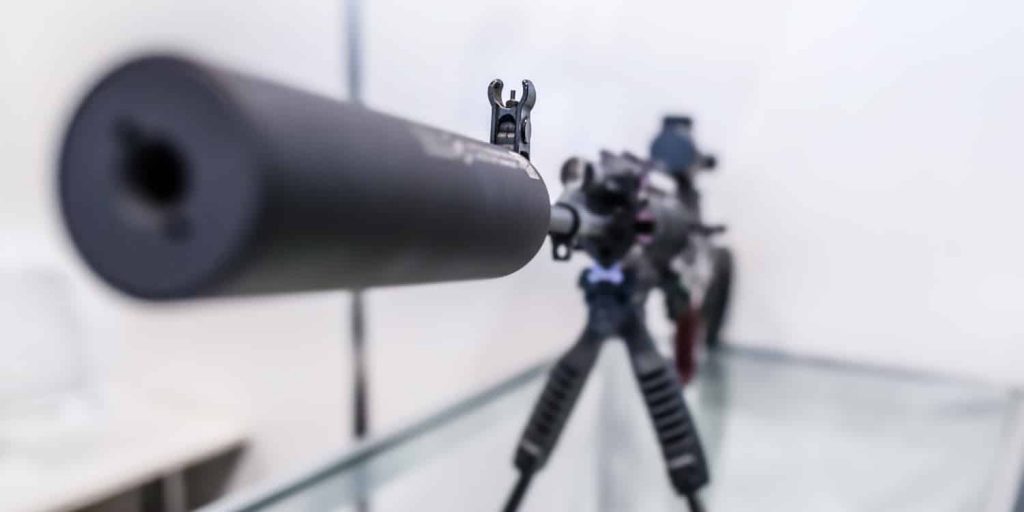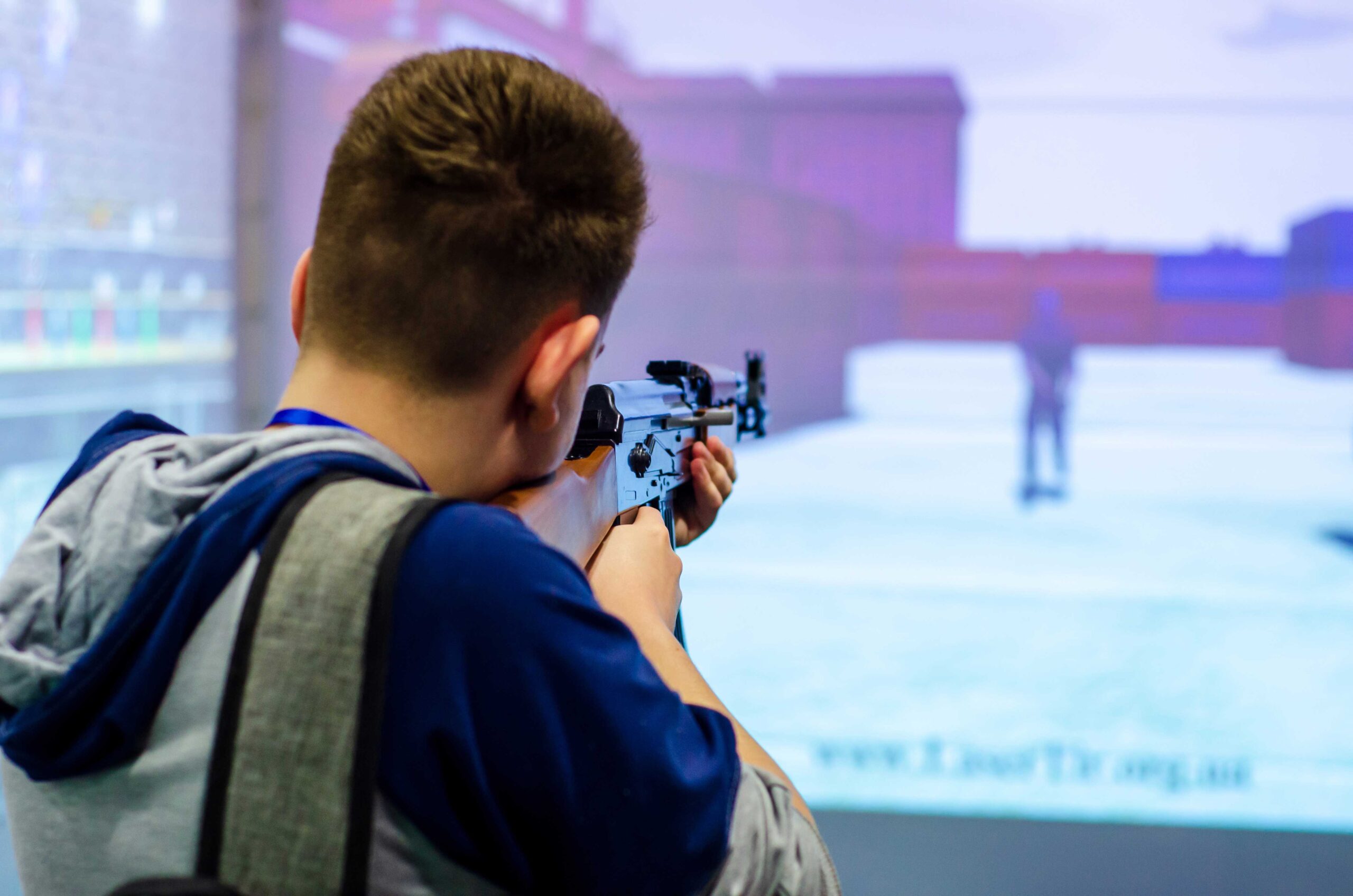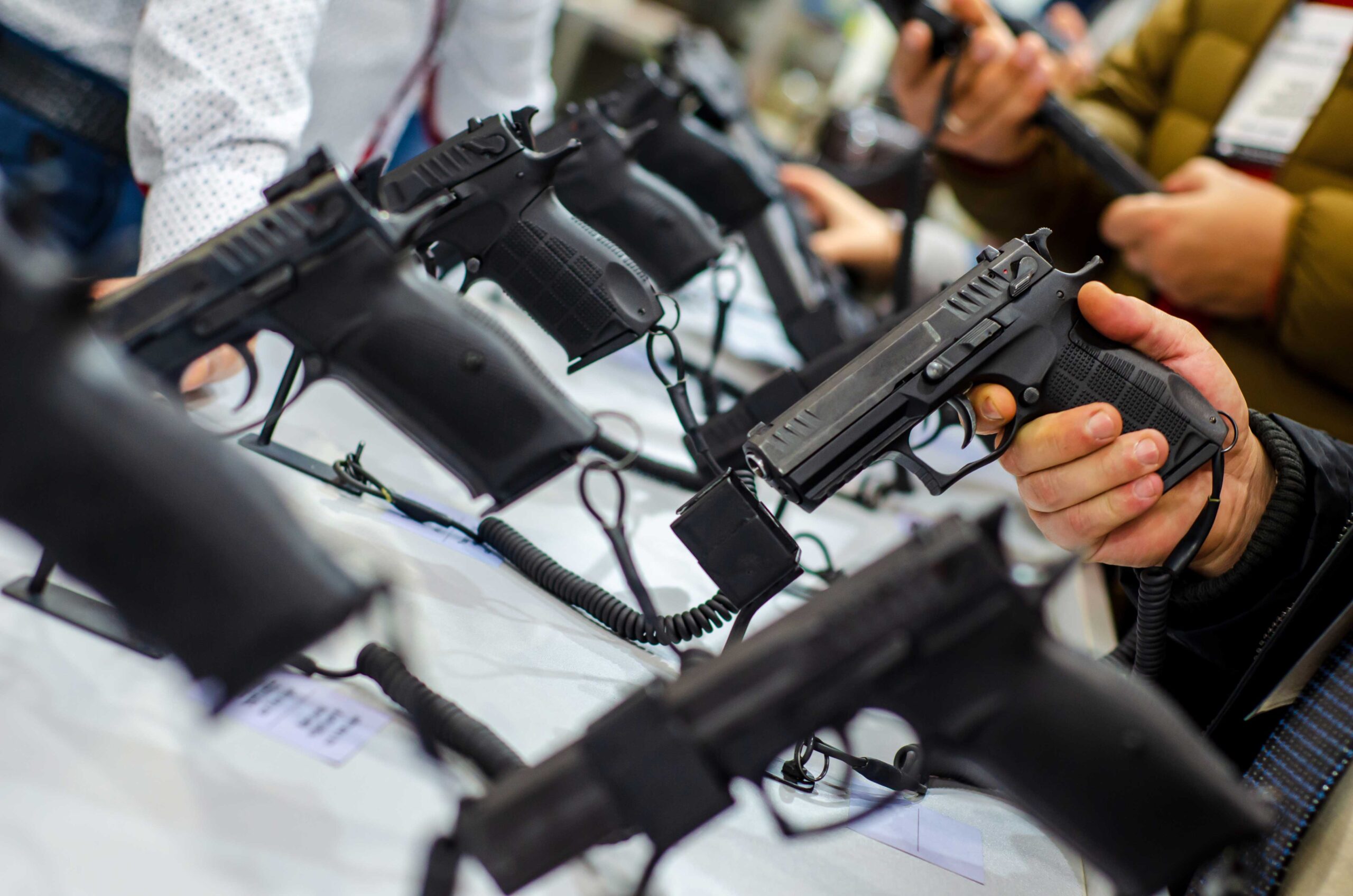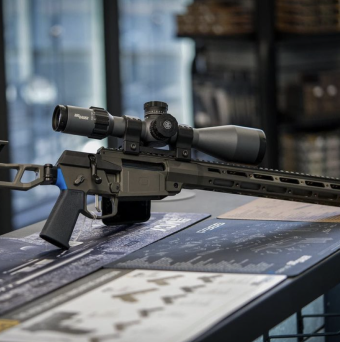Suppressors are one of the most frequently misunderstood gun accessories. These devices muffle the sound associated with firing a gun by slowing the release of the gases that propel the bullet forward. Rings inside the tube act like a car muffler, slowing and cooling the gases which creates a softer sound when fired. Due to the depiction of suppressors in popular culture, there are many misconceptions about them.
Here some common myths about suppressors and the truth behind them:
Suppressors and Silencers are the Same Thing
MIXTURE OF TRUE AND FALSE
While some will argue that a silencer is for reducing sound, and a suppressor is for reducing muzzle flash, today the words are used interchangeably. Technically however, the legal term according to the Bureau of Alcohol, Tobacco, Firearms and Explosives (ATF) is silencer, and the word suppressor does not appear in any US firearm law. On the other hand, many gun experts avoid using the term “silencer” because it can be misleading, and causes many people to mistakenly believe the accessory will make a gun completely silent. For our article, we will use the term suppressor.
Suppressors Make a Gun Silent
FALSE
While exact noise levels of a suppressed firearm vary with caliber, type of firearm, ammunition, and other factors, suppressors do not make a firearm completely silent. A typical rifle shot is about 160 decibels and a suppressor usually reduces the sound of the retort by about 30 to 40 decibels. This means that even though a suppressor will prevent damage to your ears to a certain extent, it is still a good idea to use ear protection, especially for extended shooting sessions or when shooting indoors.
Suppressors are Illegal
MIXTURE OF TRUE AND FALSE
One myth that hangs around is that suppressors are illegal. At a federal level, they are legal, but there are currently 8 states that restrict them. They are also some of the most highly regulated gun accessories in the US under the National Firearms Act (NFA). Because of this law, the gun owner must apply for a license from the ATF and obtain a $200 tax stamp in order to purchase a suppressor.
If You Own a Suppressor, the ATF Can Enter Your Home
FALSE
If you purchase a suppressor, you have the same rights you had before you got it.The same laws would apply to search and seizure as guaranteed by the 4th Amendment. Both local and federal government officials would need probable cause to obtain a warrant to enter your home.
Suppressors Reduce the Velocity of the Bullet
FALSE
A suppressor does not interact with the bullet at all. These accessories actually increase the muzzle length, which in turns gives the gasses more time to expand. This actually increases the bullet’s velocity slightly because of the increased pressure.
Suppressors Hurt the Accuracy of the Firearm
FALSE
Again, a suppressor does not come into contact with the bullet. It only suppresses the gasses and therefore cannot interfere with the accuracy of the gun. New gun owners, however, may be more accurate when firing a weapon with a suppressor. This is because instead of worrying about the loud noise the gun will make, they can concentrate on recoil management and trigger control.
Buy Suppressors at The Hub
Our expert team is experienced in NFA-controlled items. We carry suppressors, firearms, gun parts, accessories, and more at our Tucson and Lakeside locations.












